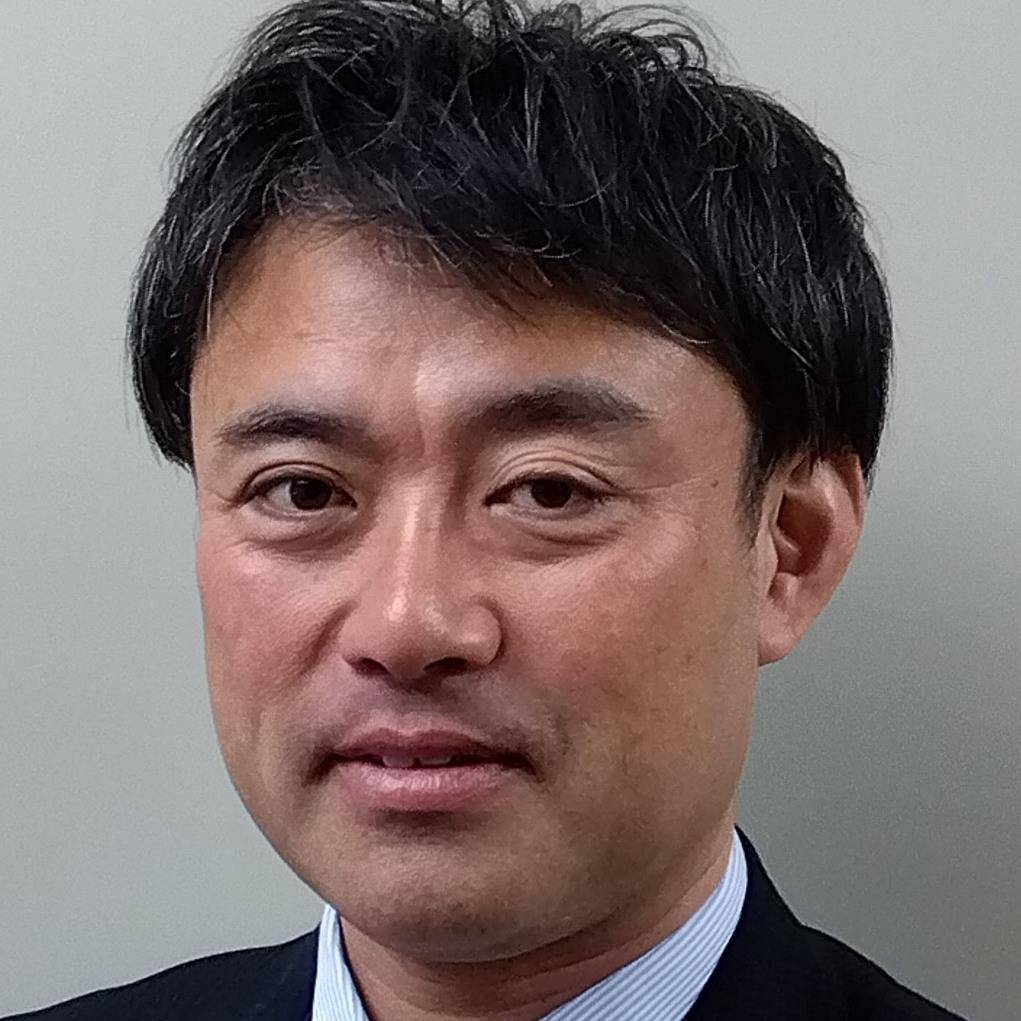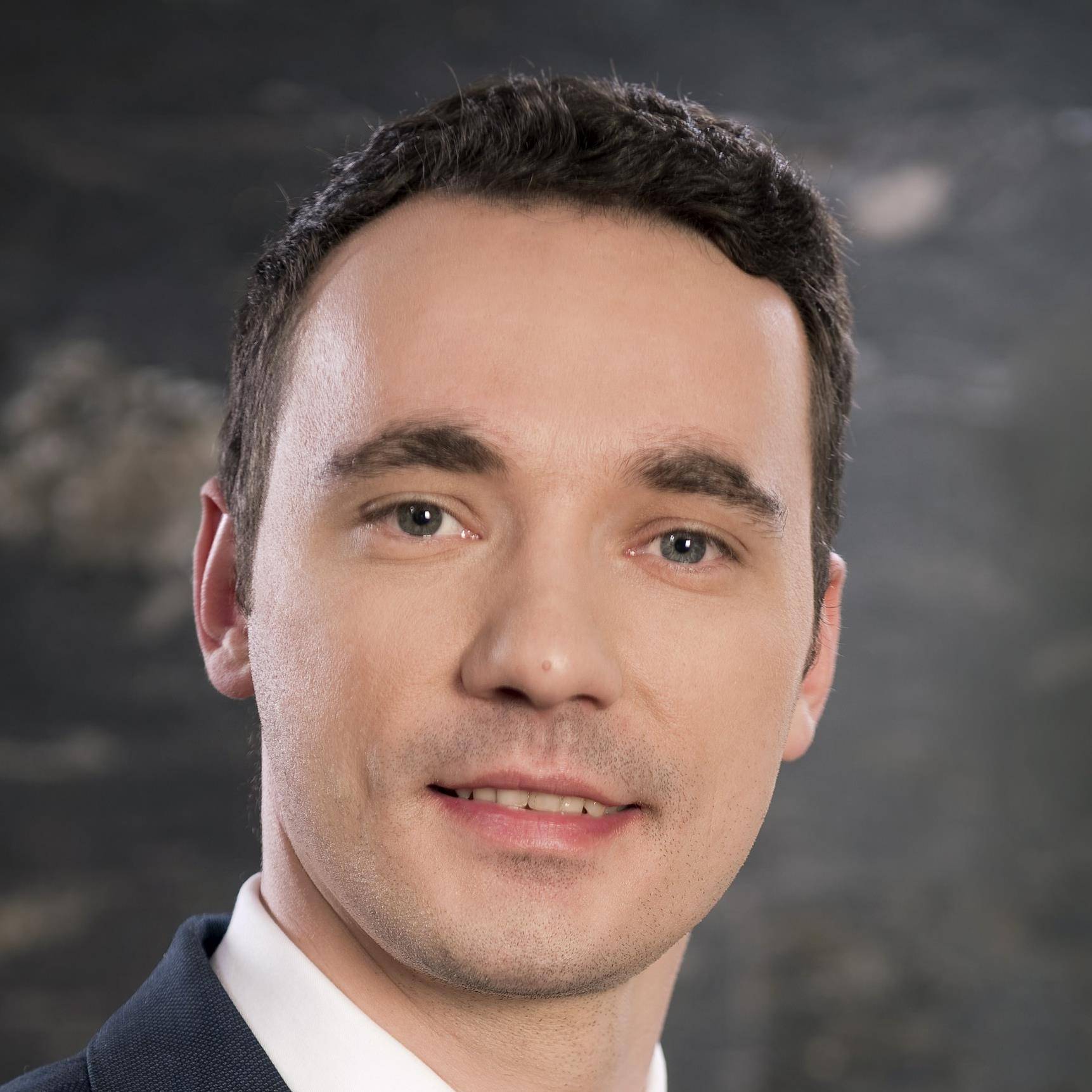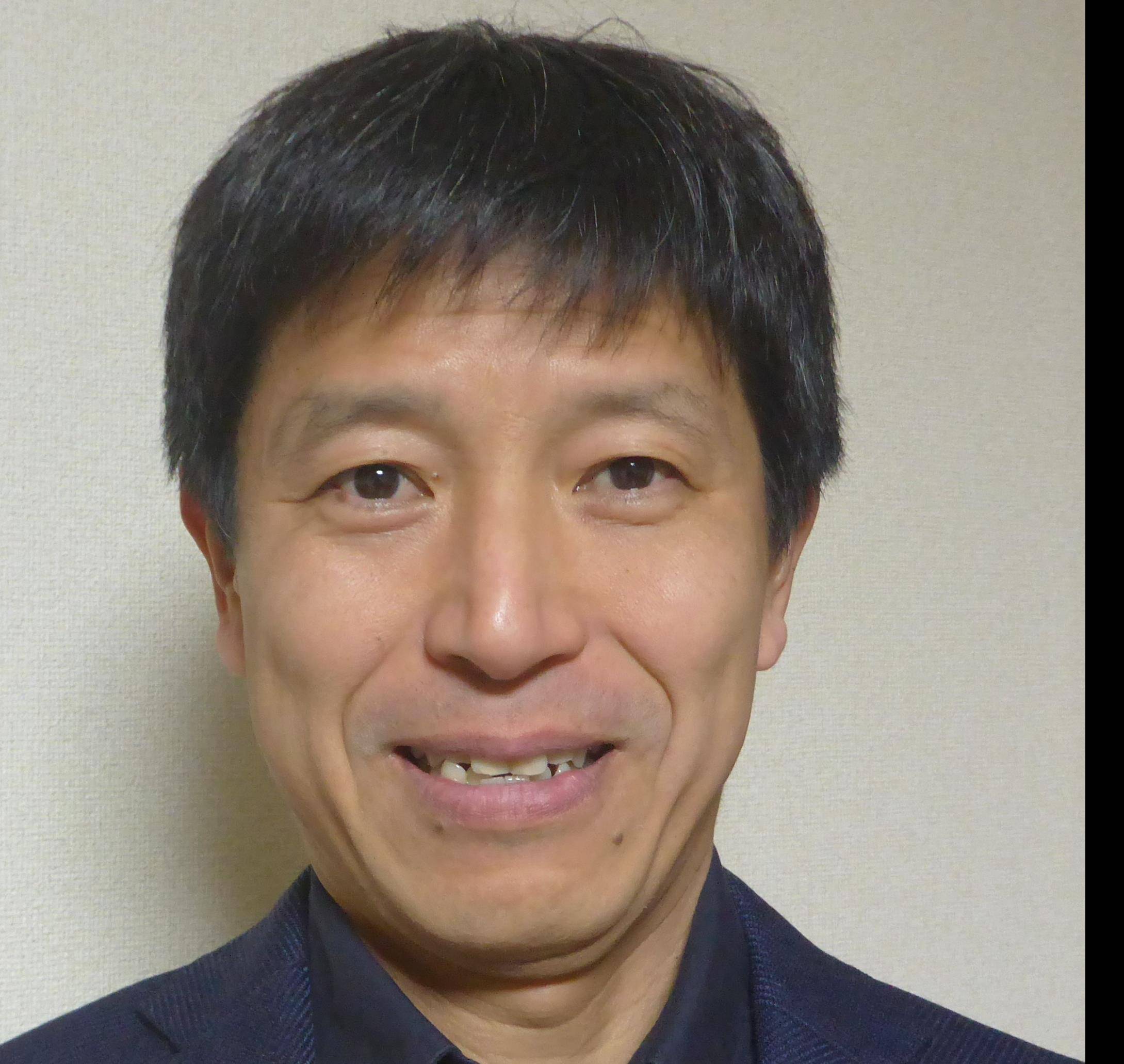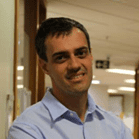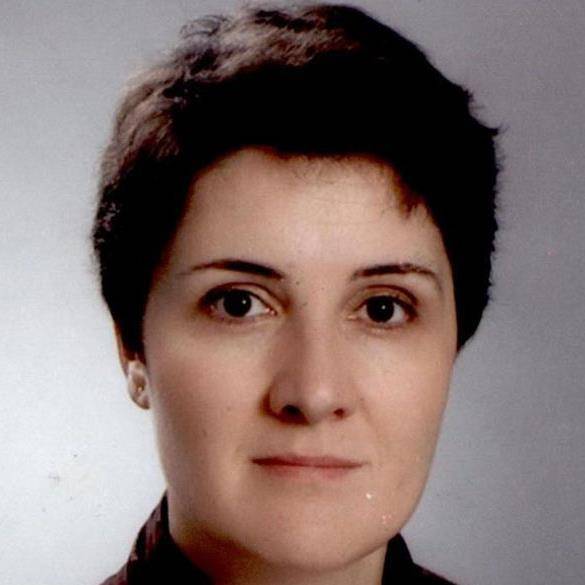How Much Resilience? Tools for Disaster Risk Assessment to Promote Resilience in Infrastructure Investments.
Resilient Infrastructure, Urban Resilience, Transport, Slope Stabilization The session addressed urban landslide risk in the first half, followed by presentations on resilient infrastructure in the second half. Sustainable urban hill development poses a complex challenge for many cities, with the looming threat of landslides exacerbated by climate change, increased rural-urban migration, and significant seismic risks in certain areas. Tackling this issue requires a coordinated approach that encompasses both policy and technology measures. Policy strategies may include risk-informed zoning, the implementation of relevant building codes, subsidies for building retrofitting, and comprehensive disaster preparedness planning that incorporates early warning systems. Technological solutions can involve detailed risk analysis and mapping, continuous hazard monitoring, and the adoption of resilient building design and construction techniques. In the first half of the session, distinguished speakers from Hiroshima City in Japan, the Canton of Sarajevo in Bosnia and Herzegovina, and Asia Air Survey, a Japanese private engineering consultancy firm, shared insights into comprehensive policy and technological approaches for ensuring safe and resilient urban hill development. The presenters from Hiroshima and Sarajevo discussed the history of their cities’ urbanization, the evolution of urban planning practices over the years, and highlighted their institutional coordination across various levels of government—national, prefectural, and municipal—as well as with different sectors, including planning, construction, and academia. Asia Air Survey elaborated on their geohazard risk mapping methodology and its applications in Japan, such as risk zoning and evacuation preparedness. The second half of the session commenced with a presentation by a representative from Pacific Consultants, a Japanese civil engineering design firm. The presenter discussed the importance of physical hydraulic modeling in the design of hydraulic structures. Building upon a two-week training session held in Japan for a government delegation from Sri Lanka in 2023, the presentation highlighted the diverse applications of physical hydraulic modeling across various project stages—including planning, feasibility, and detailed design—and its relevance to a range of scenarios from urban and river flooding to debris flow and dam construction. The session was concluded with INES Consultants presenting on their work in Micronesia and the World Bank LAC Team on road vulnerability assessment in Dominica.
“Promoting resilience in infrastructure investments will require collaboration to leverage knowledge, maximizing financial allocation and prioritizing disaster risk mitigation interventions”.
Comprehensive knowledge sharing was facilitated through close coordination among the session presentations, conference exhibits, and the site visit. Pacific Consultants, a presenter at the session, displayed a 3-meter long physical model connected to a pump within their booth, demonstrating water flow in a river channel with and without various flood mitigation structures. Asia Air Survey, another contributor to the session, exhibited their innovative landslide risk mapping technology. The day following the session, presenters and participants engaged in a study tour that included a visit to the landslide memorial/museum located on a slope failed by the 1995 Kobe Earthquake. This provided an opportunity to understand the local response, rebuilding efforts, and lessons learned.
Organized by: GFDRR/World Bank
